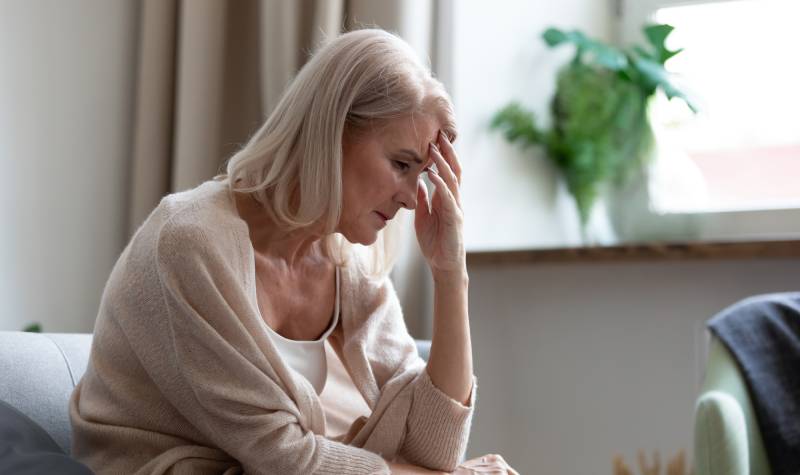
For married couples affected by cervical cancer diagnoses, psychological resilience plays a key role in improving both dyadic copying and dyadic adjustment throughout the treatment process, according to results from a recent cross-sectional study.
A team of researchers from northwest China conducted the study to examine how the coping style of married couples can influence their adaptation to a diagnosis of cervical cancer. They also sought to explore factors that enhance positive coping strategies in these relationships.
It was important to perform this research because “illness-related stress among patients with cervical cancer and their spouses can profoundly impact disease-related dyadic adjustment.” In addition, cervical cancer treatment regimens can have “significant adverse effects” on psychological distress levels for patients and their spouses, despite the medical advancements that have raised the survival rates of the disease.
The researchers defined dyadic adjustment as “the ability of couples affected by cancer or other issues to coordinate and achieve a common goal while maintaining their individuality.” They defined dyadic coping as “the shared coping strategies that couples adopt when faced with stressful events, such as cancer.”
To collect data, the study was conducted in two tertiary hospitals in Xinjiang Province, China, from June 2024 to October 2024 and enrolled 260 patients with cervical cancer and their spouses. The participants completed questionnaires on an individual basis, which included Chinese versions of the Resilience Scale, Locke-Wallace Marital Adjustment Scale, and the Dyadic Coping Inventory.
The participants ranged in age from 22 to 63 years, with 72% of patients reporting being married between 21 to 30 years of age and older. The study also outlined that almost half of the patients had three or more children (49.2%), and 58.8% of the patients lived in rural communities.
According to the results, patients with cervical cancer and their spouses “both exhibited actor effects (β=0.197, P<.001; β=0.342, P<.001) and partner effects (β=0.276, P<.001; β=0.264, P<.001) in the association between dyadic coping and dyadic adjustment.”
Furthermore, the findings showed that a spouse’s dyadic coping ability had a direct correlation on patient psychological resilience. Patient psychological resilience also “indirectly influenced their own dyadic adjustment (β=0.061, 95% CI =0.019, 0.121; β=0.074, 95% CI =0.019, 0.144).”
Notably, the results identified a gap in research on psychological resilience, dyadic coping, and dyadic adjustment by identifying the mediating role of psychological resilience in the association between dyadic coping and adjustment.
The researchers concluded that “health care professionals should identify couples who have difficulty coping and adapting, and consider couple-centered dyadic resilience interventions to improve these behaviors.”
Reference







 © 2025 Mashup Media, LLC, a Formedics Property. All Rights Reserved.
© 2025 Mashup Media, LLC, a Formedics Property. All Rights Reserved.